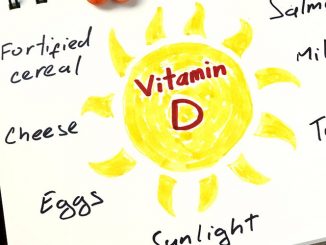For most of us, a good sense of purpose is a step towards greater happiness and contentment, but that might be even more accurate among younger people.
A new study involving 200 teenagers in the U.S. has found that adolescents who feel a greater sense of purpose may be happier and more satisfied with life than peers who feel less purposeful.
Studies with adults have suggested that a sense of purpose in life is an integral component of well-being that fuels hope and optimism and has a variety of positive effects on our physical and mental health.
However, less is known about the effects of purposefulness in adolescents, who, while characteristically hopeful, are in the throes of developing their identities, making choices that reflect who they are and aspire to be, according to the study.
What is a Sense of Purpose?
“Purpose is a forward-looking directionality, an intention to do something in the world,” – Anthony L. Burrow, Human Development.
Educational psychology professor Kaylin Ratner of the University of Illinois Urbana-Champaign led the current study, which examined how youths’ feelings of purposefulness related to their daily levels of life satisfaction and subjective well-being.
“Teens who scored high on purpose were more satisfied with their lives and experienced more positive emotions and fewer negative emotions,” said Ratner.
“Importantly, we found that on the days when these adolescents felt more purposeful than usual, they also tended to experience greater well-being.”
Published in the Journal of Happiness Studies, the project involved each participant completing a daily assessment for 70 days on how purposeful they felt, how satisfied they were with their life, and the levels of positive and negative emotions they were feeling.
Feeling more purposeful than usual on any single day was a unique predictor of participants’ emotional well-being on those days, regardless of their dispositional level of purposefulness, the team found.
“Our findings show that no matter where you are in comparison with your peers when you feel more purposeful than usual, you have better outcomes,” Ratner said.
“Purpose is accessible to everyone. What we need to do is help individuals feel more purposeful from day to day.”



